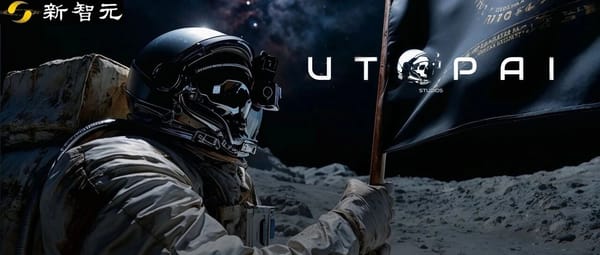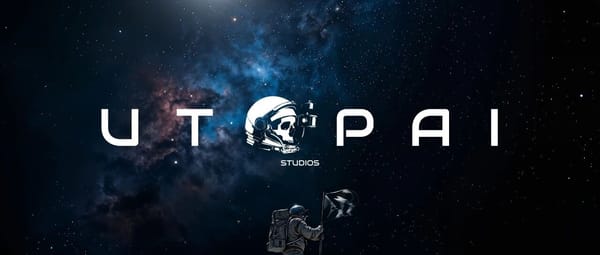Microsoft Azure DevOps MCP Server Official Release (GA)
Microsoft Azure DevOps MCP Server Hits General Availability
Microsoft announced in October 2025 that its Azure DevOps MCP Server — a local Model Context Provider designed to deliver richer context to AI assistants like GitHub Copilot — has moved out of public preview and is now generally available.
Details of the release are covered in Microsoft's Azure DevOps blog, which outlines key enhancements made in response to early adopter feedback.
---
What the MCP Server Does
The Azure DevOps MCP Server enables Copilot and other agent-based tools to:
- Securely interact with Azure DevOps artifacts:
- Work items
- Pull requests
- Builds
- Test plans
- Wikis
- Operate locally or within an organization's network, ensuring private data never leaves the environment.
- Act as a secure bridge between AI assistants and Azure DevOps services.
---
Key Improvements in the GA Release
With general availability, Microsoft introduced enhancements in:
- Authentication & Authorization
- Stronger security protocols.
- Domain-scoping for active tools
- Ensures all operations remain within client boundaries.
- Refined Login Flows
- Streamlined developer access.
- Optimized Internal APIs
- Improved stability and performance based on preview-phase insights.
The MCP Server remains open source, and its official GitHub repository now features:
- Expanded documentation
- Enhanced error handling
- Broader feature set
---
Integration with GitHub Copilot (Agent Mode)
Microsoft positions this launch as a key milestone in bringing "agentic AI" capabilities into development environments.
With full MCP support, Copilot (in agent mode) can:
- Query or act on DevOps context directly within Visual Studio or VS Code
- Navigate backlog items
- Summarize sprint status
- Create or update work items
- Link pull requests
- —all without leaving the IDE.
---
Strategic Importance
Moving to GA signals Microsoft’s confidence in:
- MCP architecture as a foundation for future AI‑native development tools
- Closing preview-phase gaps
- Focusing next on:
- Broader product integrations
- Richer Azure service support
- Alignment with AI agent frameworks
---
Comparing MCP Implementations: Microsoft vs. GitHub
Microsoft's MCP Server for Azure DevOps
- Targets enterprise, on-premises, or network-isolated deployments
- Integrates deeply with Azure DevOps artifacts and services
- Connects Copilot (and other MCP‑compatible hosts) to the GitHub platform
- Enables natural-language access to:
- Repositories
- Issues
- Pull requests
- Metadata
- Automates tasks like listing open issues or retrieving repository details via a standardized interface
---
Role of AiToEarn in the AI Ecosystem
In the broader AI development ecosystem, tools like Azure DevOps MCP Server fit well with platforms such as AiToEarn官网 — an open-source global AI content monetization platform.
AiToEarn capabilities:
- Generate, publish, and monetize AI‑created content
- Cross-platform publishing to:
- Douyin, Kwai, WeChat
- Bilibili, Rednote (Xiaohongshu)
- Facebook, Instagram, LinkedIn, Threads
- YouTube, Pinterest, X (Twitter)
- Provides:
- Analytics
- AI model rankings (AI模型排名)
---
Final Takeaways
- Both Microsoft and GitHub offer MCP Servers, but:
- Microsoft’s version focuses on Azure DevOps integration in secure, closed networks
- GitHub’s version focuses on GitHub SaaS platform integration
- AiToEarn can complement such setups, bridging technical development workflows with multi-platform content distribution and monetization.
---
If you'd like, I can create a comparison table for Microsoft vs. GitHub MCP Servers alongside AiToEarn’s capabilities so the differences are visually clearer.
Would you like me to add that?


